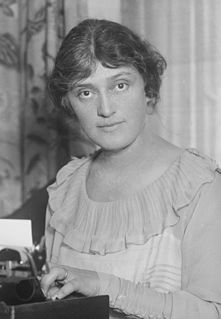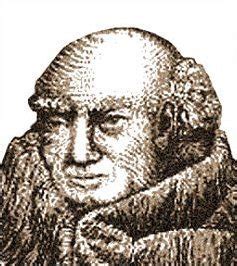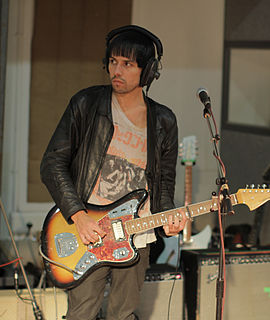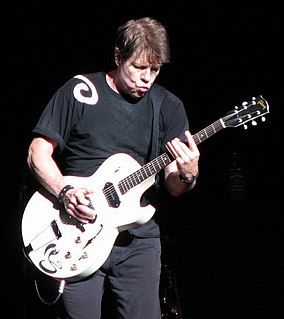A Quote by Fyodor Dostoevsky
What does reason know? Reason only knows what it has succeeded in learning.
Related Quotes
A learned parson, rusting in his cell at Oxford or Cambridge, will reason admirably well upon the nature of man; will profoundly analyze the head, the heart, the reason, the will, the passions, the senses, the sentiments, and all those subdivisions of we know not what ; and yet, unfortunately, he knows nothing of man... He views man as he does colours in Sir Isaac Newton's prism, where only the capital ones are seen; but an experienced dyer knows all their various shades and gradations, together with the result of their several mixtures.
There are two excesses: to exclude reason, to admit nothing but reason. The supreme achievement of reason is to realise that there is a limit to reason. Reason's last step is the recognition that there are an infinite number of things which are beyond it. It is merely feeble if it does not go as far as to realise that.
And when someone suggests you believe in a proposition, you must first examine it to see whether it is acceptable, because our reason was created by God, and whatever pleases our reason can but please divine reason, of which, for that matter, we know only what we infer from the processes of our own reason by analogy and often by negation.
For authority proceeds from true reason, but reason certainly does not proceed from authority. For every authority which is not upheld by true reason is seen to be weak, whereas true reason is kept firm and immutable by her own powers and does not require to be confirmed by the assent of any authority.
Does God have a reason for wanting us to be charitable, to take care of those who can't take care of themselves? Either God does or God doesn't, it's just logic. If God has a reason then there is a reason independent of God and whatever God's reason is we should figure it out for ourselves. There is a reason and God doesn't really ground morality at all. God wants us to give charity because it's the right thing to do.
The only reason I do anything is that I just love writing songs. If I write songs, I feel good about it for days and that's the only reason I do it and it is the only reason I'm in a band. And it's the touring aspect, getting out there, seeing the world, meeting people. It's all I ever really wanted, you know. And it's kind of ever since I was fourteen, I was compelled to do it. I just don't really know what it is or why it is.
We have more than two options. A critique of reason does not have to be a call for the return of superstition and arbitrary power. Our problems do not lie with reason itself but with our obsessive treatment of reason as an absolute value. Certainly it is one of our qualities, but it functions positively only when balanced and limited by the others.
It was not reason that besieged Troy; it was not reason that sent forth the Saracen from the desert to conquer the world; that inspired the crusades; that instituted the monastic orders; it was not reason that produced the Jesuits; above all, it was not reason that created the French Revolution. Man is only great when he acts from the passions; never irresistible but when he appeals to the imagination.
Does the human being reason? No; he thinks, muses, reflects, but does not reason...that is, in the two things which are the peculiar domain of the heart, not the mind, politics and religion. He doesn't want to know the other side. He wants arguments and statistics for his own side, and nothing more.





































